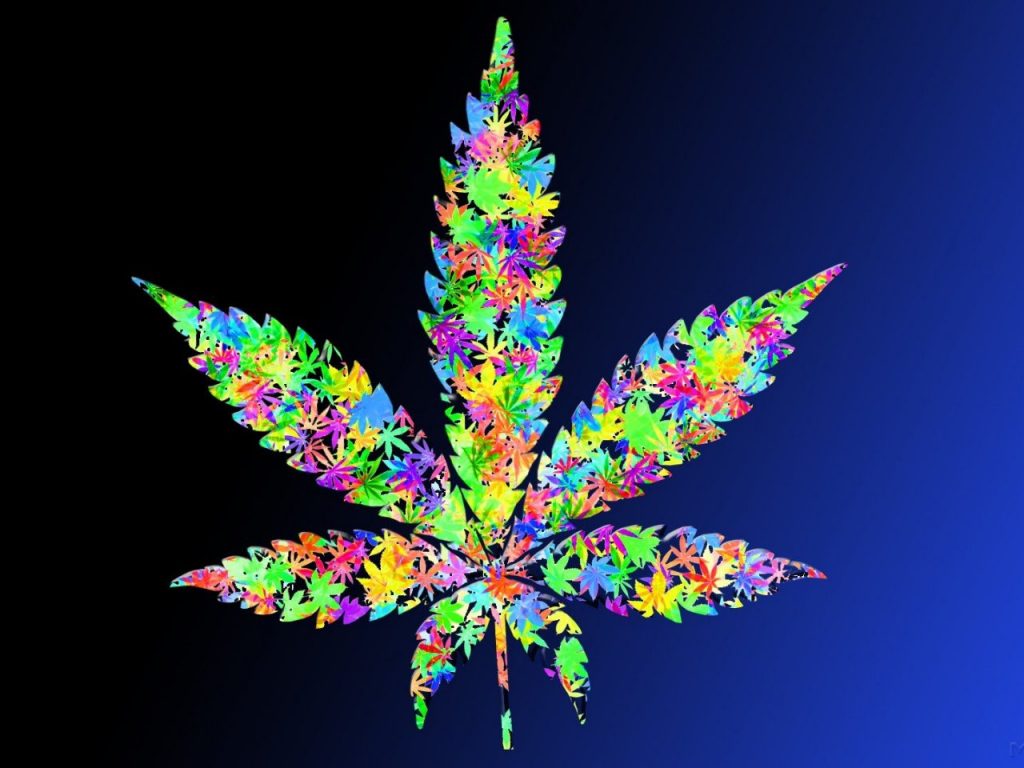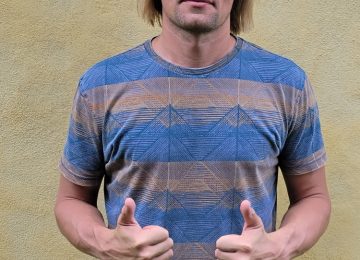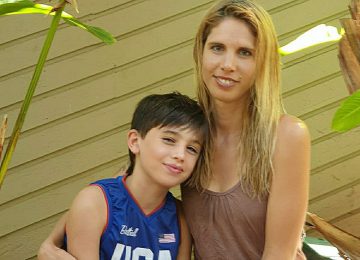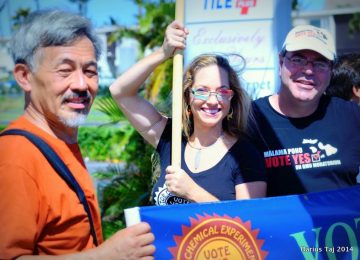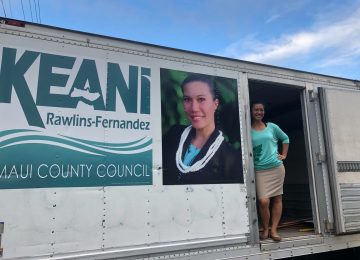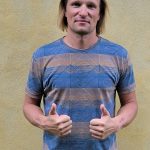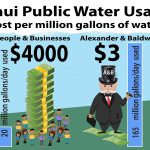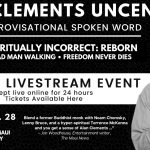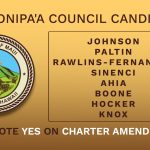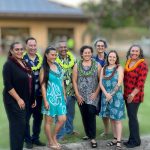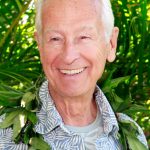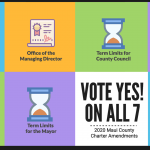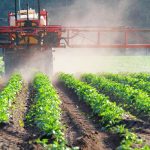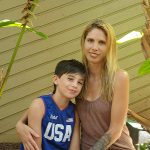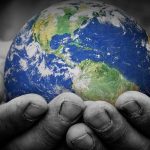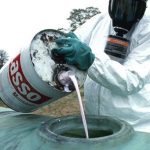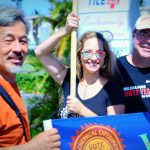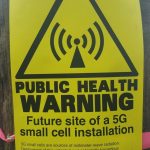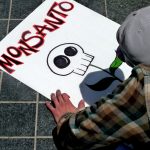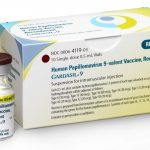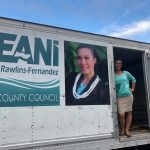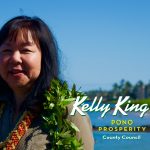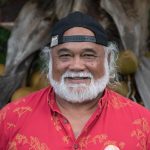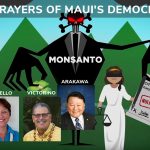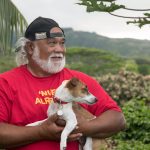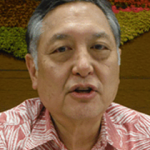We have known about the use of cannabis for medicine since the recording of history. There are even recipes for baby’s teething tablets, which remind us that a single herb has many uses and dosages.
I wholeheartedly believe in the empowerment of humanity with real facts, especially in the age of so-called “Alt-Facts.” This happened to me at a time when yet another life move comes in the form of educating folks who have been deceived since the 1930s about the cannabinoid receptors that exist (for a purpose) in their bodies, and how to use cannabis as medicine.
In the State Of Hawaii we have legalized medicinal cannabis use, yet it is largely underground as we have no dispensaries or places of education. Therefore it is imperative to share information and to educate our community about options available to them for many afflictions.
My desire to educate is based on micro dosing. Micro dosing is just beginning to be acknowledged as a medicinal benefit in many forms. Rolling Stone magazine’s March issue has a very informative article by Mac McClelland, “The Psychedelic Miracle,” and while it has less discussion about cannabis micro dosing than say, MDMA (especially for PTSD and opioid addiction), ayahuasca, LSD, and ibogaine, it provides cannabis micro dosing with the highlight it too deserves.
McClellan lays out her own journey and bares herself to the readers with details of her own frailty and horrendous experiences. It’s very insightful and speaks of many military veterans who have received lasting therapies with many of the choices she addresses and how they have gone on to live stress and trauma free lives.
It is important to begin by saying that if you try this at home, you MUST understand the statement “You Are What You Eat,” and take it a step further by understanding that you are that, and you are also “What You Eat Eats.” So no matter whether you are talking about the food you grow or buy, or the herbs, or especially the pharmaceuticals you take, you must be aware of where they came from and how they were created before you put them in your body and make them part of you.
Either way, the premise of “Start Low-Go Slow” is a huge one to comprehend. Disclaimer: In Washington State (soon to come to Colorado, Oregon, California, Massachusetts and future states who stand up to Big Pharma and demand recreational use of this herb as a right of all) I make and sell cannabis infused edibles. ALL of my packaging reflects my desire to educate people of the need to start low and find your own dosage so as not to have a bad experience (called being “dosed” by many), and to learn to use it as your body and mind need it.
Micro dosing is easier to control in edible form, but is also the most important reason to follow the idea of knowing what you are putting in your body.
This brings me to the part about “testing before ingesting.” It is a spectacularly important part of the cannabis industry, which our Hawaiian islands lack, but are very much needed in order to bring safe and effective herbal medicine to those who choose it over many pharmaceuticals. For instance, a simple mold spore you never knew was on your plant, when concentrated for an edible, can be turned into hydrogen cyanide. Trust me-humans and hydrogen cyanide are not compatible to life, and because you are concentrating the herb ALONG WITH whatever is on it, it is most important to know that what you are creating is safe.
A reminder: this doesn’t even mention pesticides that may or may not be in the soil and seed, or fed to a growing plant that you may ingest by smoking or eating.
In any case, I think you get the gist. Let’s work toward opening testing facilities, and great dispensaries as well as making them centers of education for the protection of our fellow humans.



